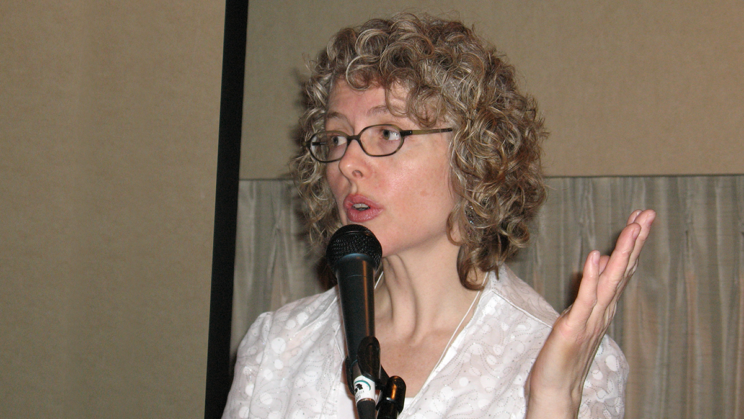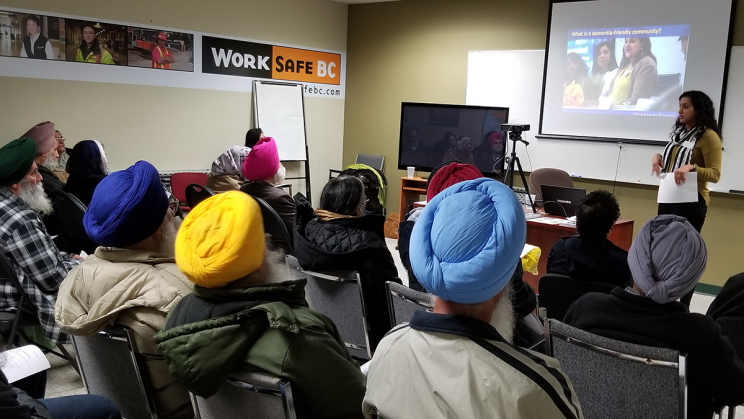
Older adults in care
The work I have conducted on older adults in care focuses on their lived experiences, but also points to systemic issues needed to promote change. An understanding of how personhood is constructed and the role of significant others in supporting or challenging personhood is key.

Access to care
Recent immigrant older adults and some visible minorities who have aged here experience health inequities in Canada. These are primarily related to difficulties with the complex process of accessing suitable services and supports. Canadian research on the topic is extremely fragmented and hard to find, and knowledge users charged with designing policy and programs do not have the evidence they need to help them to address these access barriers. I have conducted a series of interrelated research projects to address that gap.

Dementia care
Accessing medical care and social supports for persons with dementia and their care partners is a complex undertaking that requires the alignment of a diverse array of resources at the individual, social and organizational levels. The Candidacy Framework provides a valuable lens through which the constituent processes of this undertaking become more apparent.

Health promotion & chronic disease self-management
Health care providers and health authorities are challenged in their efforts to reach ethnocultural minority older adults and other marginalized populations to promote healthy behaviours and take of chronic diseases. Immigrant serving agencies often provide important mental and physical health supports and navigation assistance to their clients, with whom they have established trusting relationships. Partnerships with these agencies can augment their knowledge about and facilitate access to Canada’s many ethnocultural minorities.

Aging and immigration
Older immigrants in Canada are often considered as a collective entity but they are extremely diverse. Differences may stem from their national origins and cultural and religious backgrounds, but they may also be related to their migration experiences. Their age of arrival in Canada, their immigration category (economic, business, sponsored, refugee, live-in caregiver, etc.), experience in other countries, and whether or not they arrived before, after or with family members all influence their experiences as older adults. Finally, like all of us, they differ by gender, socioeconomic status, and sexual orientation.

Social isolation and elder abuse
Many of the risk factors for social isolation and loneliness overlap with those for elder abuse. These include being age 80 or older, having compromised health status and/or chronic conditions, living with low income, and lacking awareness of or access to community services and programs. Immigrant older adults can be more susceptible to these factors and experience additional risks, such as lack of charter language ability, loss of status in the family and dependence on younger family members due to sponsorship.

Ageism
Ageism is a widespread source of discrimination in Canadian society. It occurs at the individual level as stereotyped attitudes about old age that influence our expectations of ourselves and others. Sometimes these attitudes inform behaviour and result in discrimination against others based on their age. Institutional ageism can be the most damaging but is often hidden in plain view because we do not recognize the ways in which policies and the structure of services deprive older people of opportunities and resources.

End of life
Reflections on the physical, psychological, emotional, cultural, religious, ethical, legal and financial needs of people at the end of life illuminate what it means to be human in all of its variation. The diversity found in those experiences reflects differences in beliefs and values, as well as inequities in access to resources across and within societies.